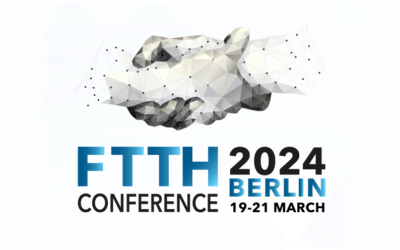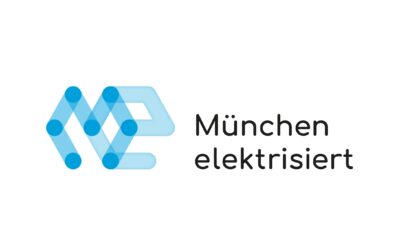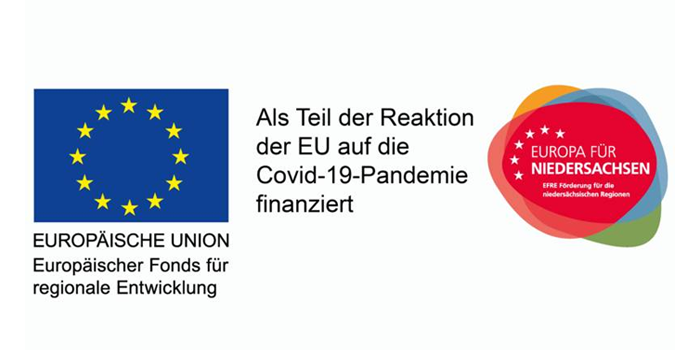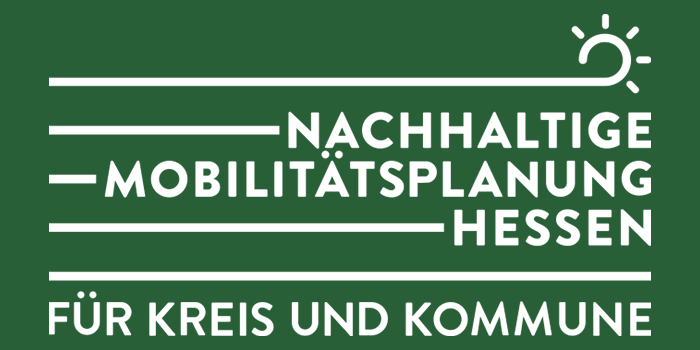
Mobility
The mobility of people and goods has changed drastically in recent years. The reasons for this include new production processes, changing population structures in rural regions, consumer behavior and new communication channels in business life. Digitalization plays a dual role here: on the one hand as a driver of certain developments and on the other as a platform for the implementation of mobility innovations. Today, sustainable regional development must consider multimodal mobility and Mobility-as-a-Service (MaaS), plan the transport infrastructure with foresight and take into account the various needs of stakeholders as well as the topic of energy.
aconium GmbH makes this its goal. We analyze the current situation and regional potential and develop effective, tailored mobility offers – even when it comes to implementing solutions for population groups that have had little mobility to date. A central role here is played by the combination of country- and transport mode-specific expertise for the use of target group-specific, innovative offers that fit into the European legal framework.
The use of geographic information systems (GIS) is helpful here, which can also be used in cooperation projects to analyze Europe-wide spatial data and create scenarios in order to develop recommendations for action for program development and crisis management.
Contributions on the topic of mobility
The mobile future in the district of Miesbach
With the help of the LEADER funding program, the Bavarian district of Miesbach is developing an integrated mobility concept that promotes sustainable and future-proof local transport development. Two workshops for local authority representatives and citizens from the...
See you next year, FTTH
As always, time went by too quickly: The FTTH Conference took place in Berlin from March 19 to 21, 2024. More than 3,500 guests from all over Europe from business, associations and politics and over 100 exhibiting companies came together at HUB 27 on the Berlin...
“Electrifying Munich” research and innovation project
Achieving climate neutrality with electromobility The state capital of Munich has set itself the goal of being climate-neutral throughout the city by 2035. To get closer to this goal, it initiated the "Munich Electrified" project. The project included the development...
Mobility projects
The program is aimed at municipalities significantly affected by the corona pandemic, which have been allocated a reserved budget by the managing authority ERDF and ESF in the emergency program …
The aim of TEMPUS is the realistic testing of automated and networked vehicles (AVF) for motorized and non-motorized private transport (IV) as well as public transport.
The action plan developed by the state of Hesse as part of e-smartec aims to strengthen participation processes as part of mobility planning procedures and …






